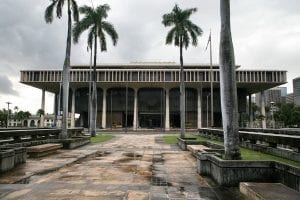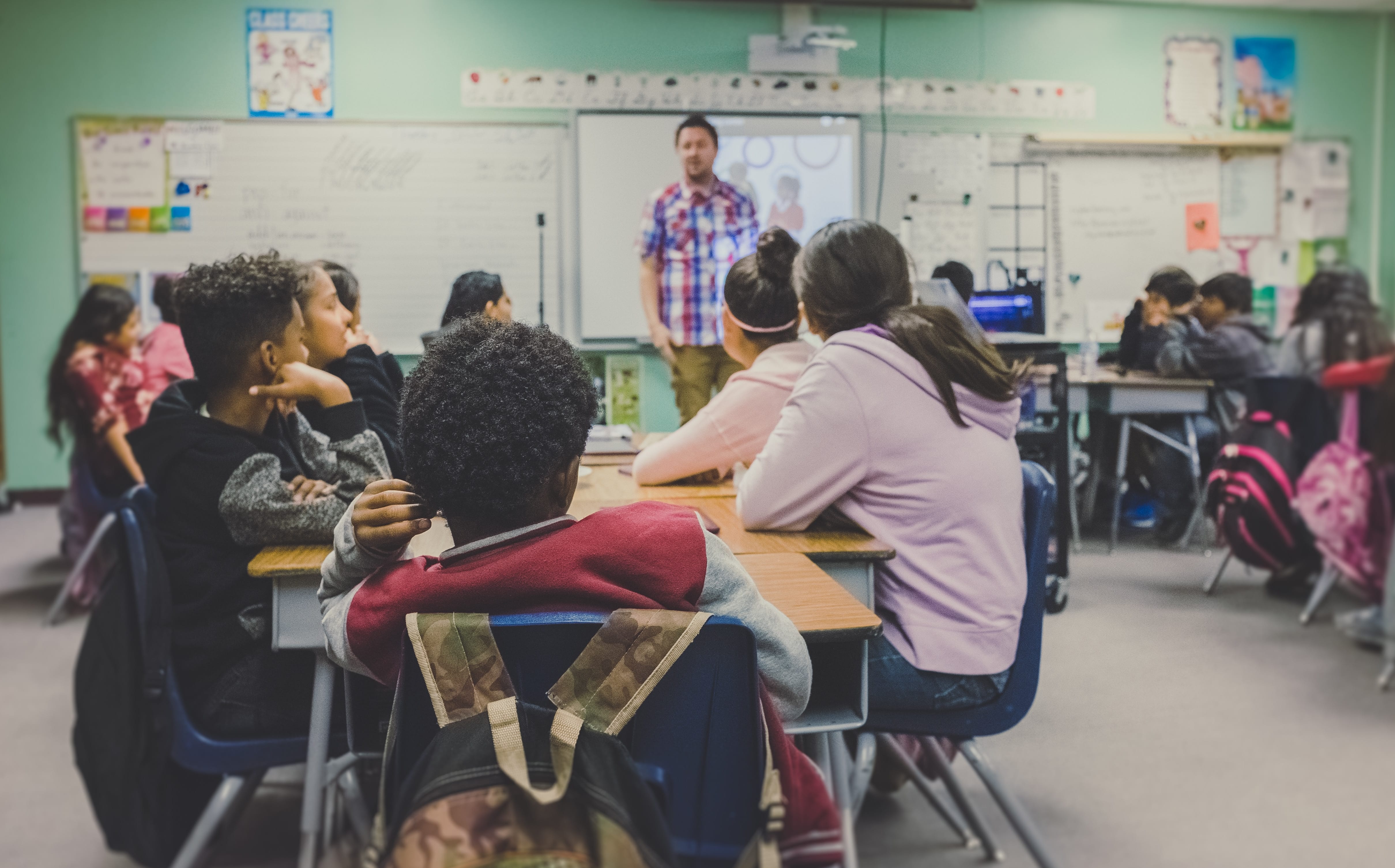The Hawaii Department of Education was just hit with a lawsuit claiming that when schools finally reopen, special needs students may require additional help t o get back on track.
One of the big downsides to the coronavirus outbreak is that it has shuttered schools across the country, leaving families scrambling to pick up the slack in terms of educating their children. For some, this has proven easy, but for others, the mere thought of having to become their children’s school teacher is overwhelming, especially for parents who are still working or for parents of children with special needs. In Hawaii, a lawsuit was even recently filed against the state’s Department of Education “on behalf of students with special needs who are allegedly being denied a free and appropriate public education due to school closures spurred by the coronavirus crisis.”

Cliff via Wikimedia Commons, https://commons.wikimedia.org
The suit was filed earlier this week in U.S. District Court for Hawaii by LegalAction, a law firm that has “handled more than 80% of the special education cases filed in Hawaii.” At the moment the suit seeks to represent about 30,000 special needs students between the ages of three and 22 in Hawaii. Those individuals are “eligible for services under the federal Individuals with Disabilities Education Act and Section 504 of the Rehabilitation Act of 1974.” When commenting on the suit, Keith Peck, a LegalAction attorney, said, “These kids are supposed to be getting their services in school, and they’re not. That’s a material violation of their IEP (Individualized Education Program).”
It’s important to note, however, that Peck isn’t blaming the DOE “for closing the schools due to a situation that was unavoidable.” Rather, he said the purpose of the suit is to “prompt a court-ordered process that makes it easier for parents, once schools do reopen, to determine the compensatory education their child needs to make up for the months of lost educational services during this time of school shutdowns.” If that doesn’t happen, he warns the state’s court system and DOE may “see a flood of due process suits from parents after this crisis passes.” He added:
“I’m anticipating the difficulty that my clients and the class of people similar to them would be facing if we wait many unknown months for the DOE to assess their remedies…I’m saying we need to come up with a better way to do that.”
Essentially, the lawsuit wants the DOE to “come up with certain parameters now that it will apply down the road to determine what compensatory educational services a child with an IEP will need once schools resume.” Peck said the parameters should be formed using “data-driven evidence or a formula that can be hammered out in one afternoon.” He added, “This is the cleanest way to do it…it will relieve the DOE of 30,000 conversations for children — of being sued hundreds and hundreds of times.”
When responding to the lawsuit, Lindsay Chambers, a DOE spokeswoman, said:
“When school resumes in its traditional manner, Individualized Education Program (IEP) and Section 504 teams will meet to determine any loss of skills as a result of the extended school closure and the child’s need for compensatory education.”
Like many schools in the country, Hawaii schools have moved to remote learning. However, that in itself has proven cumbersome for many families who don’t have reliable access to the internet or technology. This is making virtual learning inconsistent in many communities and school districts, especially for special education students who often require “the full-time assistance of a paraprofessional during the course of a regular school day.”
Sources:
Lawsuit: Special Ed Students Need Extra Help When Schools Reopen
Disability rights groups, school administrators spar over possible changes to special education laws


Join the conversation!